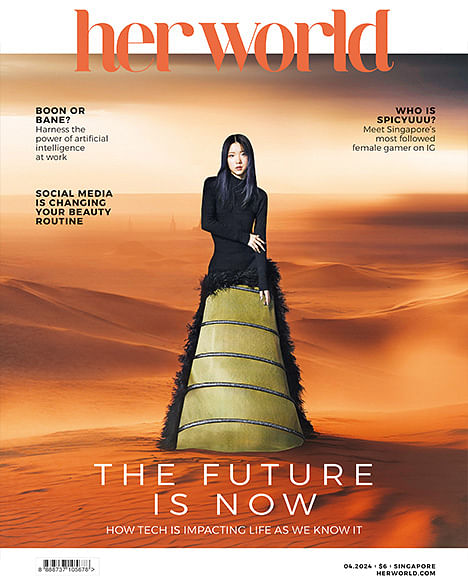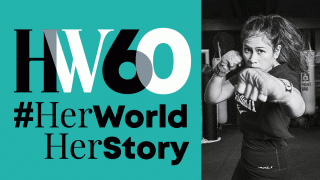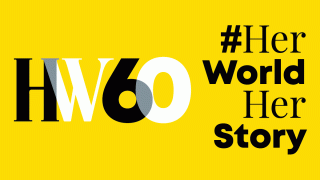What’s a citizen scientist, you ask? They’re basically scientists who invest their efforts into research on a recreational basis.
“Citizen Science or crowd-sourced science allows everyday people to become involved in science–the public can volunteer their time, participate in scientific research and maybe even make a discovery,” says Marianne N. Michaels, a NASA citizen scientist who is also a rocket scientist, engineer and published author. NASA has several ongoing citizen science programmes.
“I’ve always been fond of astronomy and space since I was very young, and at the age of 20, I graduated and became an engineer. I gained seven years of data science experience analysing data while pursuing my Masters degree in engineering.”
Suffice it to say, her credentials are impressive. Not sure exactly what a rocket scientist does? She sums it up: “They specialise in many areas within aeronautics or aerospace. Aeronautics focuses more on aviation while aerospace focuses more on space, like things beyond the earth.”
NASA citizen science
Over the last five years, Marianne has maintained her interest in astronomy and space science as a NASA citizen scientist through four projects: Backyard Worlds, AI4MARS, Exoplanets, and Planet Hunters.
“The primary goal of Exoplanets and Planet Hunters is to find planets using human eyes. It does this by having citizen scientists analyze data from NASA’s Kepler Space Mission,” she explains.
“The goal of Backyard Worlds’ is to aid Planet 9 scientists searching for new objects at the edges of our solar system. I am part of a team of scientists who distinguish real celestial objects from image artifacts using data provided by NASA’s Wide-field Infrared Survey Explorer mission.”
She adds that for the AI4MARS project, she works with a NASA Jet Propulsion Laboratory team–they use new machine learning approaches for exploring Mars and teach Mars’ Perseverance & Curiosity Rovers how to classify Martian terrain.
Online classroom educator
When not doing her part for science, Marianne is also an educator–she currently offers six courses related to mathematics and the environment on Udemy.
“I’ve always enjoyed learning new things and sharing that knowledge. The online learning environment allows anyone to become a teacher and share their knowledge,” she says.
The courses include Renewable Energy and Climate Change; Renewable Energy and Climate Change (the lite version); and 15 Speedy Math Tricks.
“With online classes, teachers and students interact passively–nothing is live. Students and teachers can ask and answer questions at their leisure, and reply at different times.”





